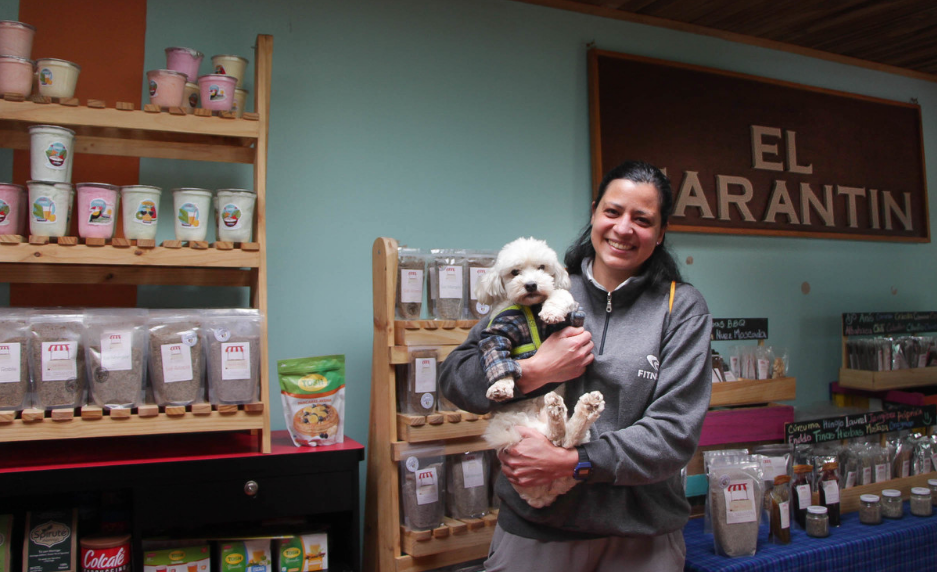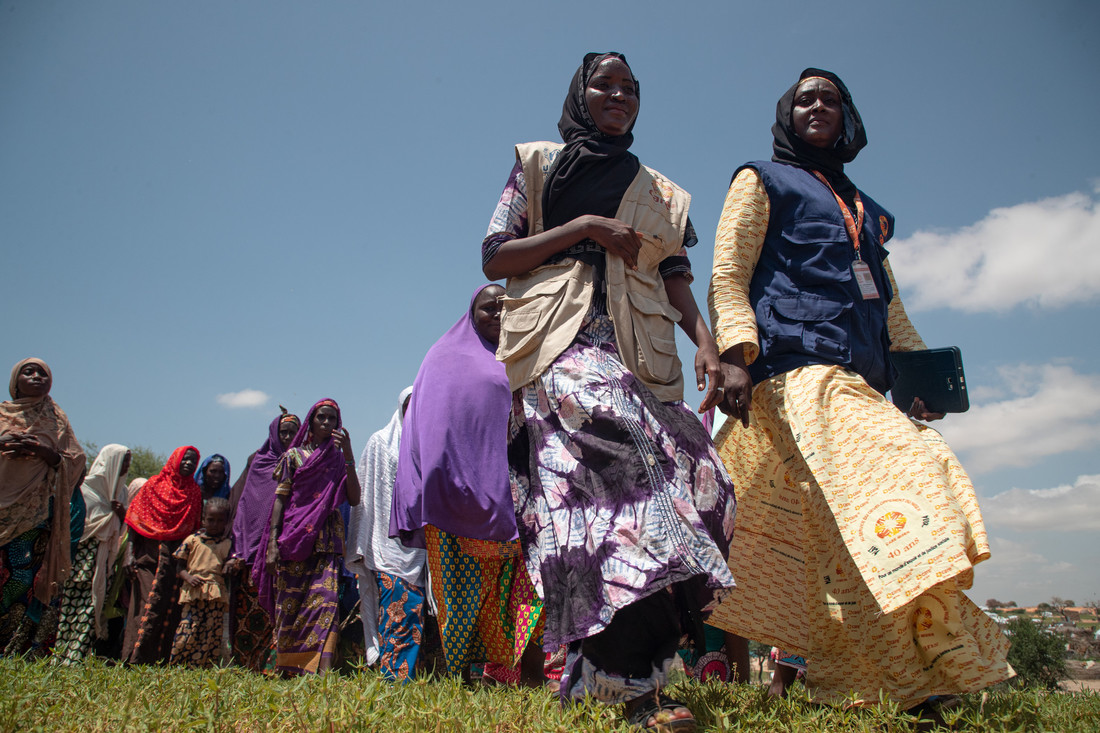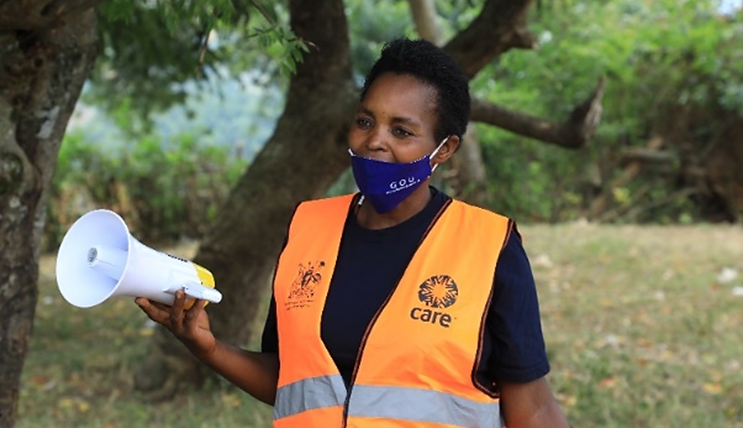History of CARE International's work in Colombia
CARE International has been present in Latin America since 1954, and in 2018 began scaling up efforts to meet growing needs in the region. The humanitarian situation in Colombia remains complex and critical for affected Colombians, mostly in rural areas. COVID-19, climate change, natural disasters, violence factors, and socio-economic instability exacerbate the situation for many.
What CARE International does in Colombia
Of Venezuela's neighboring countries, Colombia has received the largest number of refugees fleeing political and economic instability. Venezuelans in Colombia face xenophobia, and we work to help limit the strain on host communities and encourage social cohesion.
CARE Colombia works with both refugees and members of host communities, particularly people in vulnerable groups such as women, adolescents, and members of the LGBTQI+ population.










